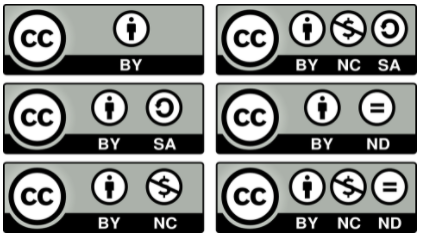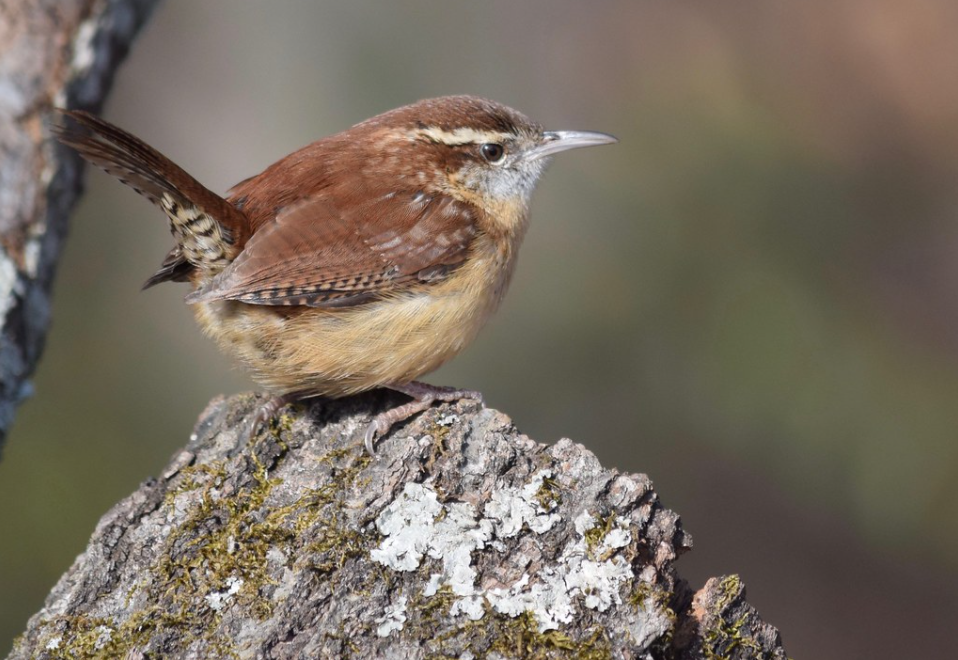17 Copyright and Creative Commons
First, let’s talk about copyright.
Copyright grants creators like you moral rights (right to preserve and protect their work) and economic rights (right to profit from their work) over their intellectual property. A work is automatically copyrighted when it is created.
What’s copyrightable?
- Artistic visual art works
- Cinematographic works
- Collections of literary and/or artistic works
- Computer software
- Databases
- Dramatic works
- Literary works
- Musical works
- Adaptations, arrangements, and translations
Exceptions and Limitations
If using a work with the creator’s permission, you aren’t infringing on the creator’s copyright if the use is considered fair use. In the U.S. there are four factors judges consider when testing fair use.
- The purpose and character of your use
- The nature of the copyrighted work
- The amount and substantiality of the portion taken
- The effect of the use upon the potential market.

Public domain works are works that either (a) the copyright has expired (b) the creator has dedicated it to the public domain or (c) the creator did not maintain their copyright.
With works in the public domain, you can do almost anything (be sure to consider intellectual property restrictions, like trademarks and patents, though).
Ok, now let’s talk about Creative Commons! Creative Commons (CC) is a nonprofit organization that designed a suite of licenses with the aim of providing flexibility within existing copyright law. CC licenses are tools that provide creators the ability to set the terms for how their works are used by others.
Why does this matter to you? It’s important to know what images you can use and how you can use them, as you will very likely come across works with CC licenses (shown below) when you’re working on school assignments or just existing online.
Why does this matter to you? It’s important to know what images you can use and how you can use them, as you will very likely come across works with CC licenses (shown below) when you’re working on school assignments or just existing online.
Click on the image for a detailed description of each CC license. 
Here’s a short breakdown of each element:
BY ![]() – Credit must be given to the creator
– Credit must be given to the creator
SA ![]() – Adaptations must be shared under the same terms
– Adaptations must be shared under the same terms
NC ![]() – Only noncommercial uses of the work are permitted
– Only noncommercial uses of the work are permitted
ND ![]() – No derivatives or adaptations of the work are permitted
– No derivatives or adaptations of the work are permitted
Paired in various combinations, these four elements make up the six types of CC licenses. All CC licenses include the BY condition, meaning that you always need to credit the creator. The licenses can get complicated, especially when using multiple works at the same time. Luckily, the Creative Commons organization has some amazing tools to help you navigate the licenses as a creator and as a user, like a license chooser that will help you create a license to fit your preferences.
Quick Tip
So what does a CC license attribution look like? Well, each attribution statement (statement giving credit to the original creator) has four parts: (1) title, (2) author, (3) source, and (4) license.
For example, this is a picture we found on Flickr with a CC license. All four parts needed for the attribution are on listed on the Flickr image page. 
- Title: Carolina Wren
- Author: Christina Butler
- Source: Carolina Wren (hyperlink the title with a link to the image location)
- License: CC BY 2.0 (hyper link the license with a link to the license deed from the Creative Commons site)
So, the attribution would look like this:
“Carolina Wren” by Christina Butler is licensed under CC BY 2.0.
If you ever have copyright or Creative Commons questions, please contact our copyright librarian, Amanda Ross!
Option 1: Ok.That was a lot! Take me to the end.
Option 2: What about giving credit in my research paper? How do I cite sources?
This chapter was adapted from Creative Commons Certificate for Educators, Academic Librarians and GLAM by Creative Commons, licensed under CC BY 4.0

